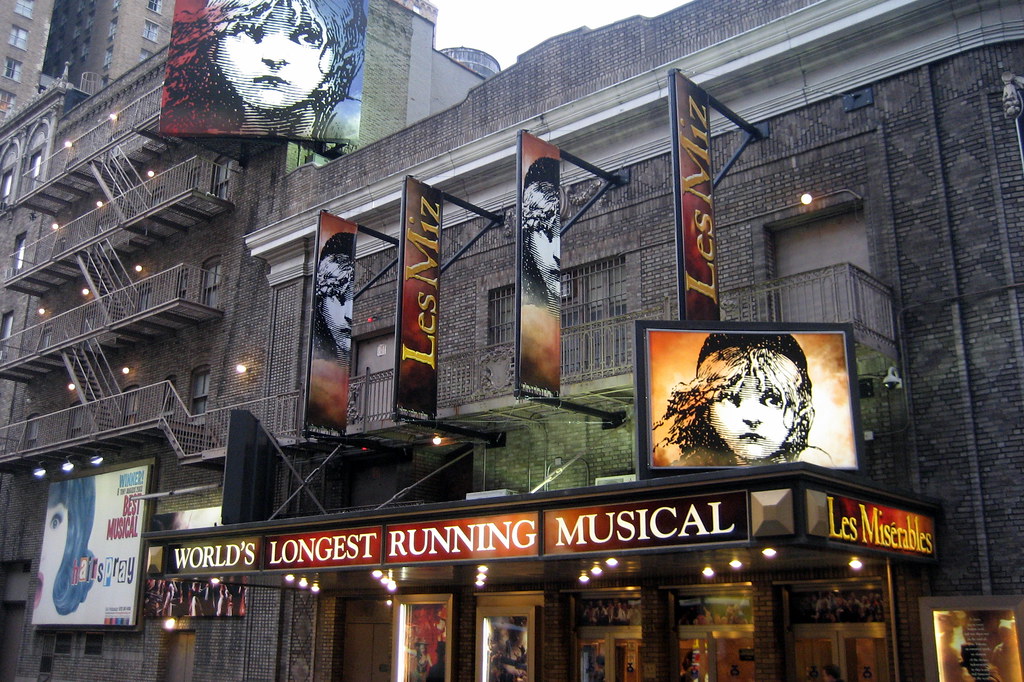Editor:
Jeff Fullmer’s Aug. 30 article (Low minimum wage caps our economy’s growth) was so egregiously inaccurate that, as an economics major, I had to read it again to make sure I read it right the first time.
First of all, including a history of capitalism is nice if you’re writing a history paper, but it is meaningless to the article.
Second, the idea that an increase in minimum wage is mutually beneficial is absurd. Spending more money on labor hurts the bottom line, period.
If the minimum wage were raised to $10 an hour, as Fullmer suggested, businesses would be much more willing to replace actual workers with machinery when ever possible or they would hire only the most qualified, productive and profitable applicants, thereby eliminating unskilled labor.
So not only are businesses hurt, but those who normally occupy minimum wage jobs can’t work at all!
After this proposed 85 percent increase (how is that a minor reform?), will the workers who are currently earning $10 an hour get a raise? How about those earning $12 or $15 per hour? If we simultaneously raise everyone’s income, we will have uncontrollable inflation.
Finally, Fullmer’s examples are inaccurate. Increasing hourly labor costs from $50 to $80 amounts to almost $1 million a day for large fast-food chains like McDonald’s.
The example of a single mother with two or three kids is an obvious attempt to play on emotions. Who doesn’t feel sorry for single mothers that can’t find good work?
Capitalism works because it is designed to let market forces work things out. When government interferes where it isn’t needed, it defeats the entire purpose of capitalism.
Is minimum wage too low? Maybe. Do we need radical change? No.
Nice try Fullmer, but real economic solutions are not that simple.
Jef Cartwright
Senior, Economics











